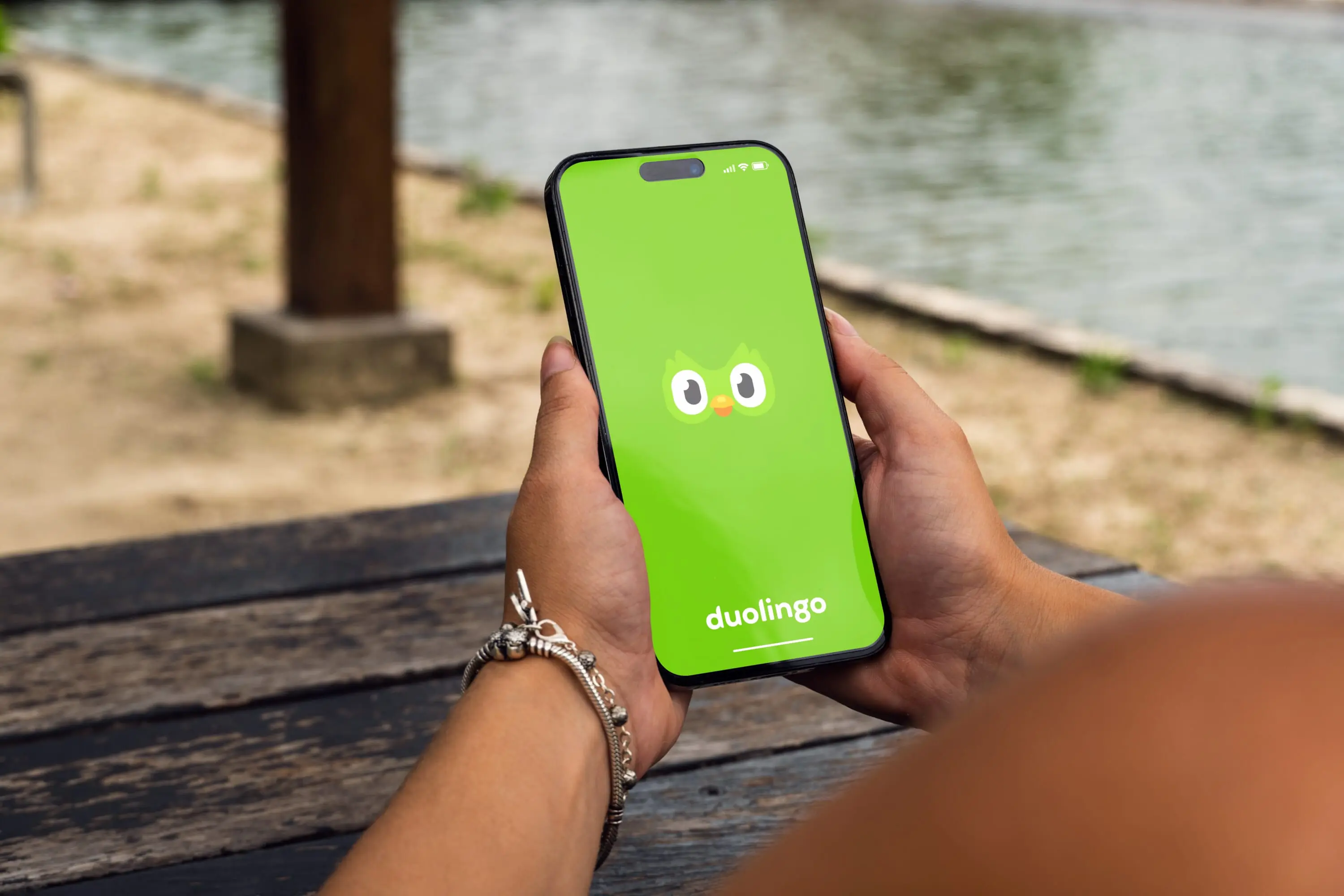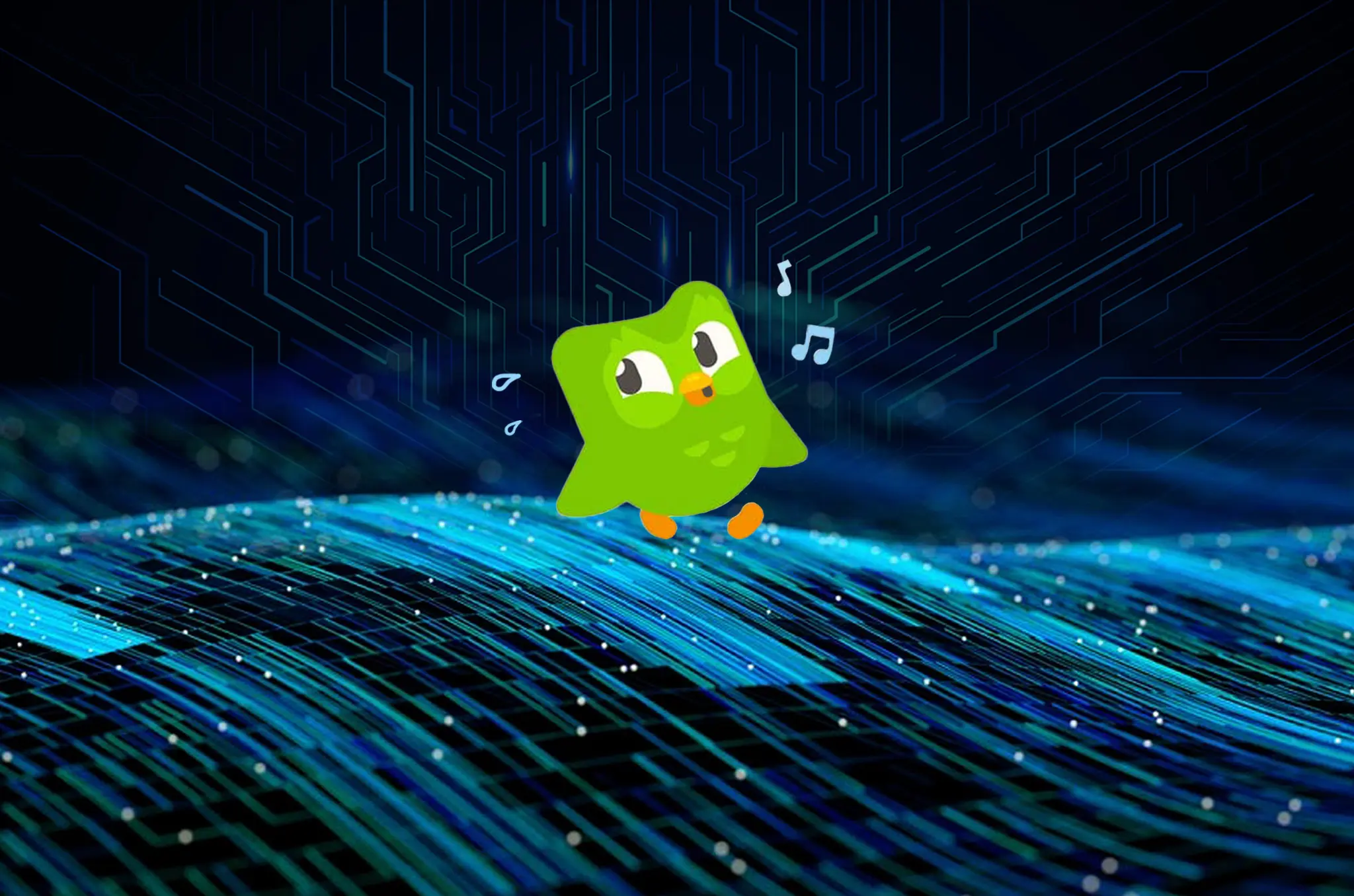Duolingo has just announced a major strategic shift — it’s going all-in on artificial intelligence. The language learning app has rolled out 148 new language courses, more than doubling its previous offerings. This includes a big boost to Japanese learning, now available in all 28 of Duolingo’s interface languages. Needless to say, the move has stirred up plenty of conversation online concerning the language learning powerhouse.

A New Era: Duolingo’s AI-First Strategy
In a company-wide email that has since become public, Duolingo CEO Luis von Ahn declared that the company is shifting to an “AI-first” approach. This strategic reorientation has placed artificial intelligence at the center of Duolingo’s product development and user experience.
The most striking aspect of this achievement is the speed of development. As von Ahn noted, “Developing our first 100 courses took about 12 years, and now, in about a year, we’re able to create and launch nearly 150 new courses.” This dramatic acceleration in course creation is directly attributed to the company’s investments in AI technology.
For Japanese language learners, this expansion means significantly improved access. Japanese is now available to speakers of all 28 supported user interface languages, opening the language to over a billion potential learners worldwide. This includes making Japanese accessible to speakers of Latin American languages like Spanish and Portuguese, fifteen European languages and a number of Asian languages including Korean, Mandarin, Vietnamese and Hindi.
Mixed Reactions
The announcement has generated significant discussion on LinkedIn and other social media platforms, with reactions ranging from excitement to concern about the future of language learning.
Some industry professionals expressed enthusiasm about AI’s potential to enhance language education. One commenter noted, “It’s not about adding features — it’s about redefining scale, access, and customization. This shift turns AI from a buzzword into a backend for global equity in education.”
However, the most heated reactions centered around specific points in von Ahn’s announcement regarding employment policies, particularly statements that Duolingo would “gradually stop using contractors to do work that AI can handle,” that “AI use will be part of what we look for in hiring,” and that “AI use will be part of what we evaluate in performance review.”
These points sparked outrage among many commenters. One user pointed out the apparent contradiction in Duolingo’s approach, stating, “Mind you, this is the same Duolingo who relied on human humor to grow their social media presence. Language is the most human trait and it’s being replaced by AI?”
Another user expressed their intent to boycott, commenting, “Terrible. We will support only companies that support real people, [and] not robots and AI.”









